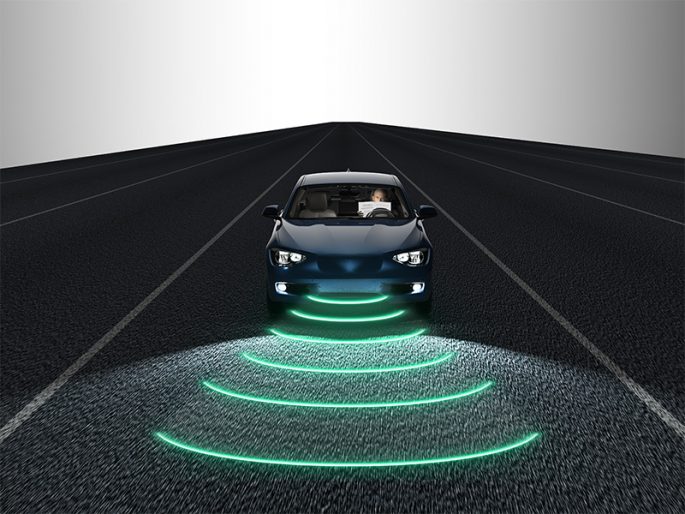How Will Fueling Be Affected?
Since a self-driving tractor-trailer completed a 120-mile interstate trip in Colorado, conjecture about the widespread adoption of driverless vehicles has shifted into overdrive. In addition, the Department of Transportation and the National Highway Traffic Safety Administration recently released the Federal Automated Vehicles Policy.
For your consideration, here are some scenarios in which driverless vehicles may impact forecourt operations.
Return of Full Service: We may see a whole new business model develop where the makers of driverless vehicle technologies contract with retail fuel operations to provide attendants for fueling.
Concierge Fueling: Volvo recently partnered with an on-demand fuel-delivery company to bring fuel to its customers. It is likely we will see increased collaboration between driverless car manufacturers and third-party fuel operations.
Centralized Fueling: Rather than stopping at whichever retail fuel station that a motorist chooses, the motorist may be directed to centralized commercial fueling hubs, similar to those for bus fleets.
Increased Consumption: Driverless vehicles could enable people who are challenged by driving limitations to travel much more independently. In addition, the extra leisure time that self-driving brings to time-taxed commuters may encourage increased travel.
For more insights about the impact that driverless vehicles could have on the fuel industry, watch Fuel Marketer News for Source’s next “Fueled for Thought” column.




